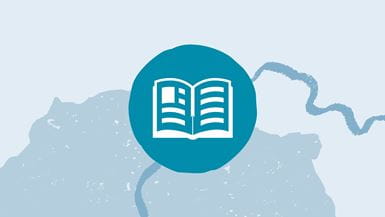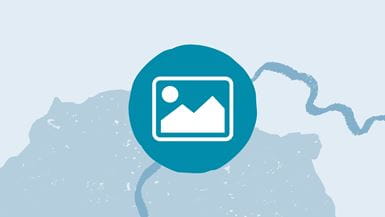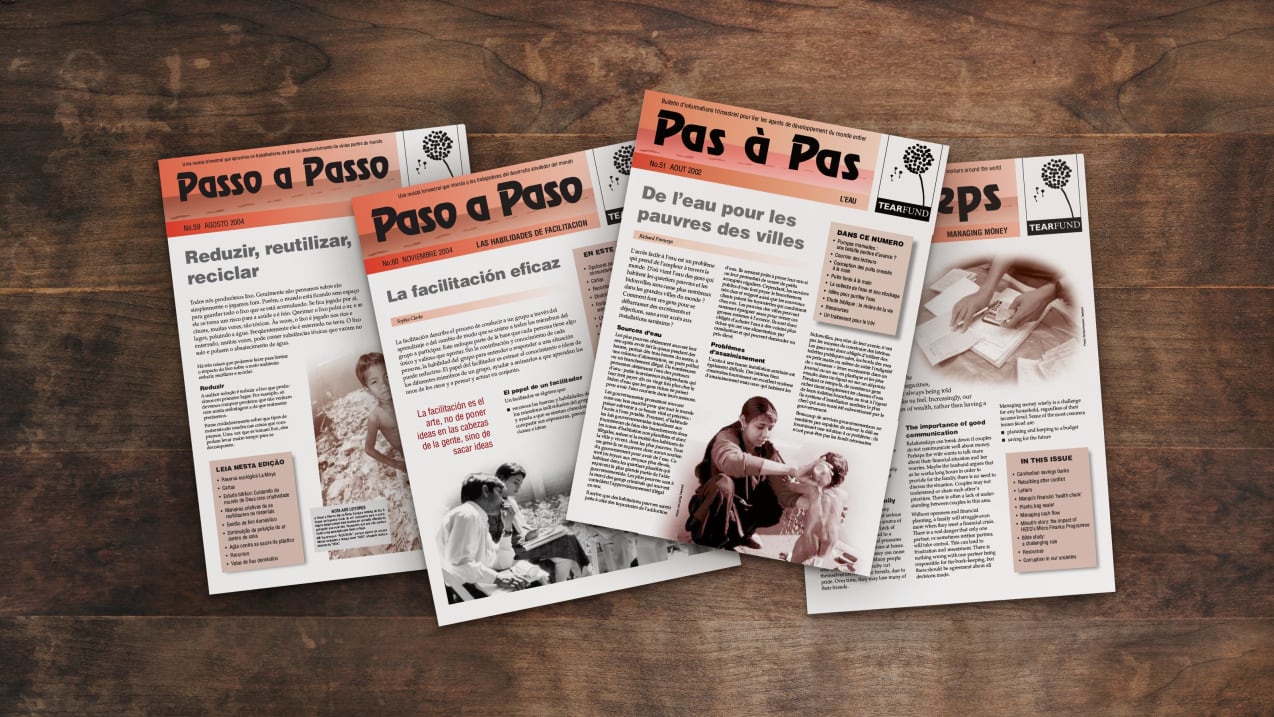This issue is slightly different from most Footsteps issues. Instead of gathering articles from people with experience on different subjects, we are sharing much of the learning Tearfund has gained about facilitation skills.
View or download this resource
Get this resource
-
English
-
French
-
Portuguese
-
Spanish
Get this resource
-
English
-
French
-
Portuguese
-
Spanish
In this edition
-

Bible studies Bible study: Servants of the King
Each of us needs to develop humility and servanthood in our Christian life
-

Articles Building capacity
An interview with Mulugeta Dejenu, based in Ethiopia, who works as a Regional Advisor for Tearfund
-

Articles CRUDAN’s experience in facilitation training
CRUDAN values people’s participation and the use of local initiative, responsibility and resources in the process of empowering people
-

Articles Effective facilitation
Facilitation describes the process of taking a group through learning or change in a way that encourages all members of the group to participate. This approach assumes that each person has something unique and valuable to share
-

Articles Options for community facilitation
Good facilitation creates group confidence within communities
-

Articles PILLARS in Brazil
The PILLARS (Partnership In Local Language Resources) guides encourage learning from people’s own culture. They share information in a way that encourages awareness of local problems and possible solutions to resolve these
-

Articles Skills checklist
Key questions to ask yourself each time you lead a small group discussion to help you develop as a facilitator
-

Posters Useful energisers
During meetings, workshops or training sessions there may be times when energy levels fall and people’s attention wanders
-

Articles Using role play to learn facilitation skills
Using theatre or role play to encourage learning about facilitation skills can be very powerful. It allows all kinds of difficult situations to be covered in a relaxed, often very funny way
Similarly Tagged Content
Share this resource
If you found this resource useful, please share it with others so they can benefit too.


